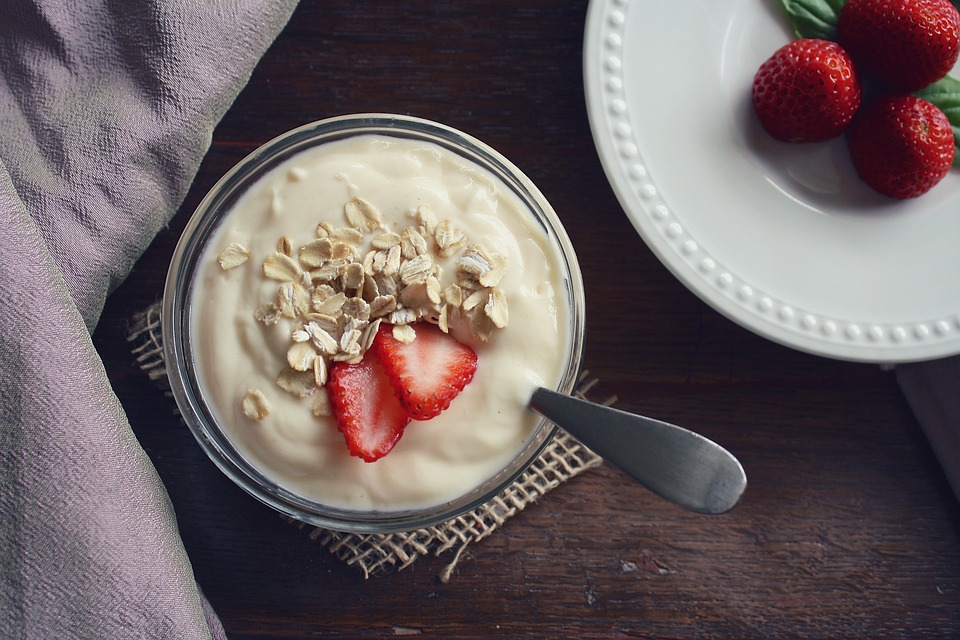
Probiotics: the Good Bacteria?
Bacteria has a bad rap. And sometimes, for good reason. They cause many different illnesses with varying levels of severity whether it be the common cold or pneumonia, and even diseases like tuberculosis. Though the problems bacteria cause can be frightening, it’s important to understand that bacteria aren’t all harmful. In fact, there are approximately 39 trillion bacterial cells in the human microbiota (the total of microorganisms that live within human tissues and biofluids). Though some of these are bacteria that produce illness and our bodies fight them to ward off the issues they carry, there are plenty of bacteria that actually aid with bodily function.
Our digestive system is one part of our bodies that is supported by bacteria called probiotics. Probiotics first came on the scene in 1907 when Russian scientist Elie Metchnikoff coined the term by identifying the first of these microorganisms. You may have heard about these healthy bacteria in television commercials for foods like yogurt that contain live and active cultures. Probiotics are microorganisms that live and thrive in our guts and help us digest food, make necessary vitamins, and kill germs that can cause diseases.
Research shows that probiotics are especially helpful for people who suffer from gastrointestinal issues. They can help ease symptoms of irritable bowel syndrome (IBS), prevent or cure diarrhea, and help inhibit new attacks of Crohn’s disease. It is also beneficial to add probiotics to your diet when you’re taking antibiotics for a bacterial infection like strep throat which will lower the overall levels of both positive and negative bacteria. Probiotics will help you maintain your levels of positive bacteria when your medicine kills the bad ones to relieve you of your illness.
If you’ve decided to add some more probiotics to your diet, for whatever reason, make sure you speak to your naturopath about it first. Keep in mind that the measurement of probiotics is based on colony-forming units or CFUs. Standard measures can be anywhere from 100 million to several trillion CFUs, which is why talking to your naturopath about your needs is necessary to determine the probiotic amount that will help you fix exactly what ails you. Since probiotics are living organisms, ensuring you’re consuming them before their expiration date and storing them properly (generally in the fridge) is a main component of taking them.
Even though, like the commercials advertise, eating yogurt is one way to increase your probiotic intake, there are also other probiotic-rich foods you can consume, like sauerkraut, buttermilk, aged cheeses, tempeh, and miso, to name a few. Don’t forget, the simplest way to ensure you’re absorbing enough probiotics is by taking a supplement.
Our product Lactospore MicroFlora is a great way to get your probiotics and helps to restore gastrointestinal balance by inhibiting pathogens and allowing good bacteria to grow.
There is no need for LactoSpore® to be enteric coated. The strain survives stomach acid and travels to the gut where it becomes active, and Lactospore, because it is a spore and not bacteria, does not need to have high numbers in order to be effective. In fact the 400 Million spores in each capsule, is far more than the amount required in most studies to show clinical effectiveness.
Studies have shown Lactospore to treat constipation and diarrhea, to help reduce symptoms of IBS, regulate cholesterol, support immune system function, and even reverse canker-sores. Click here to take a closer look at Lactospore MicroFlora.